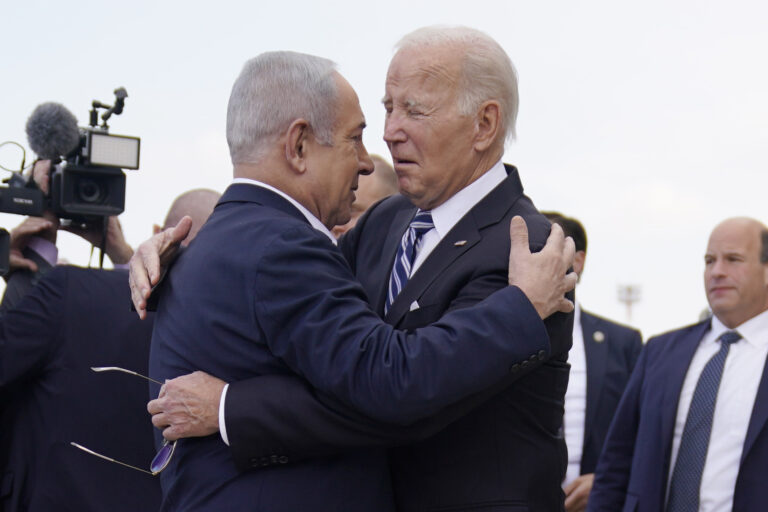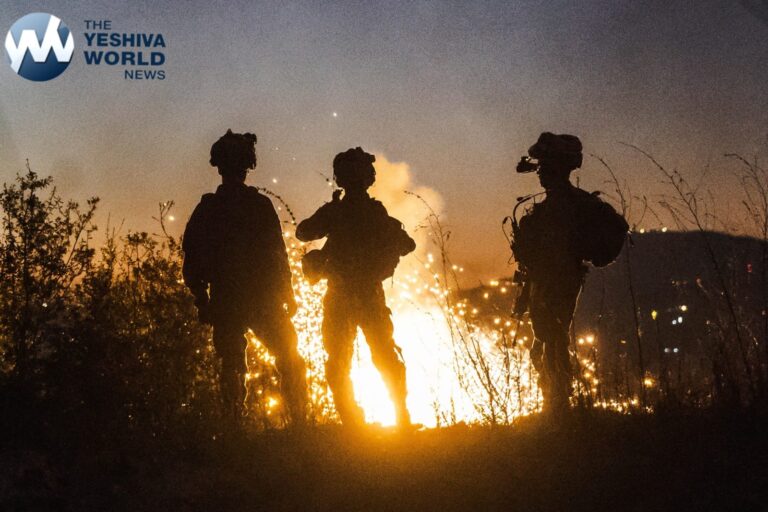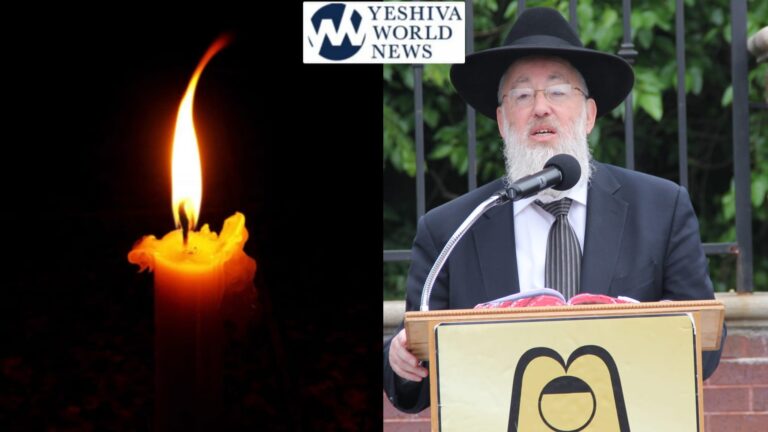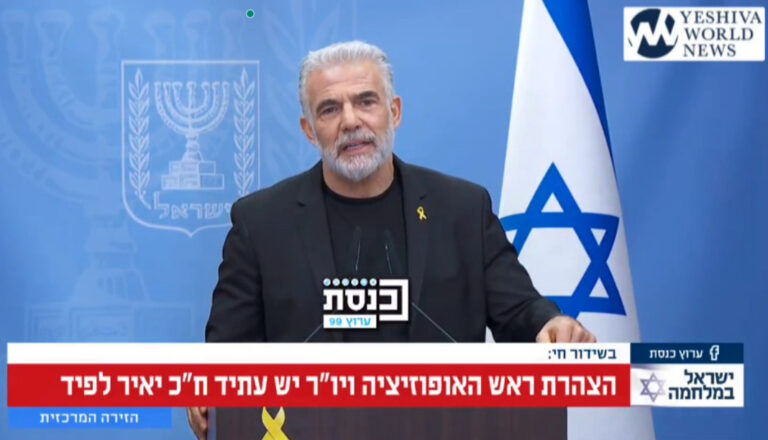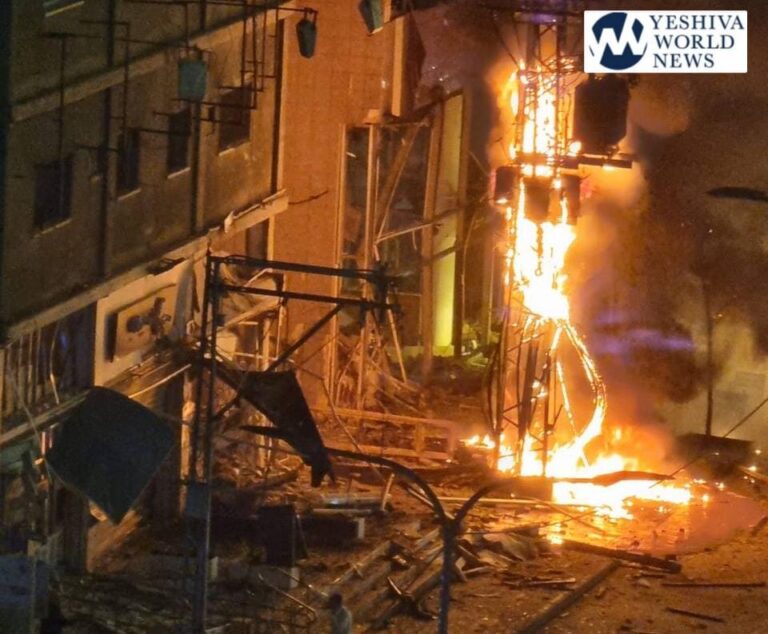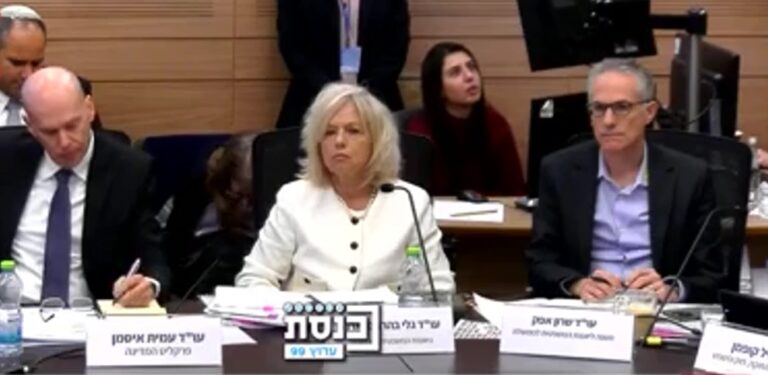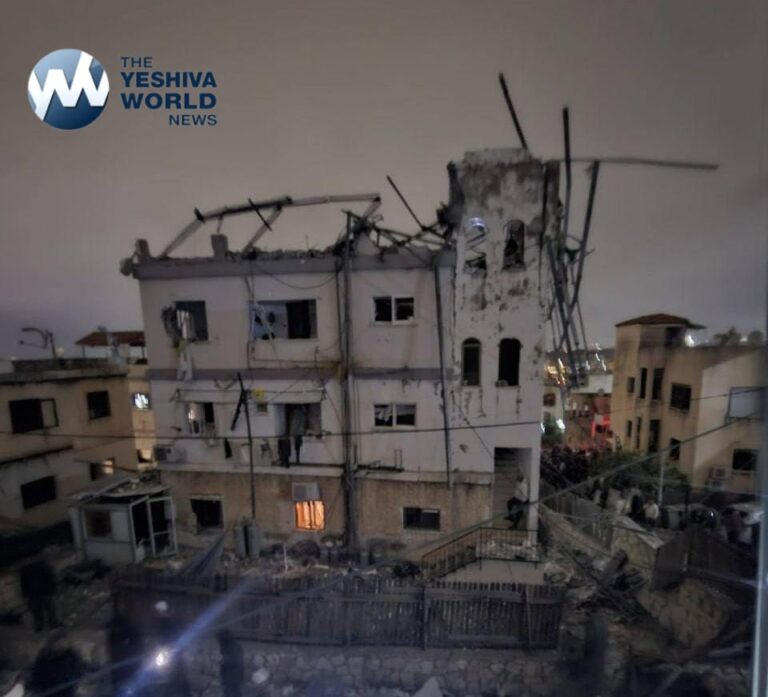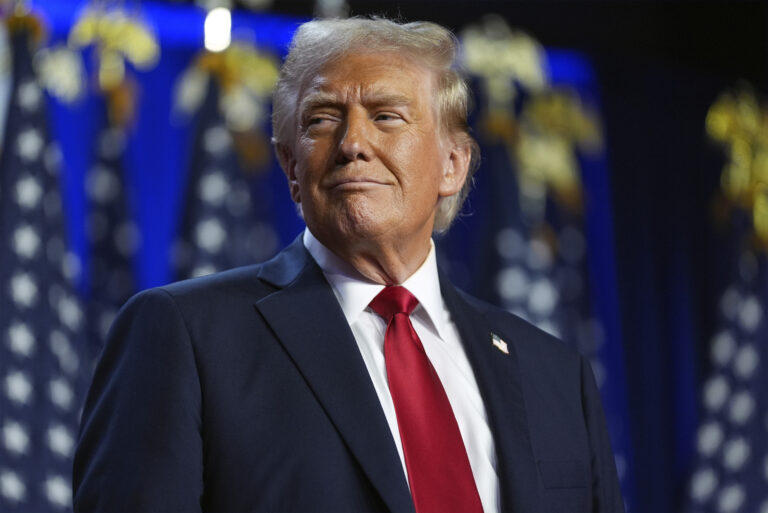Iran’s newly re-elected President Hassan Rouhani took barbed swipes at the U.S. and its ally Saudi Arabia on Monday, hitting back at both a day after President Donald Trump used his first foreign trip to the kingdom to call for further isolation of Iran.
The 68-year-old cleric, a political moderate within Iran who secured a resounding victory over a hard-line opponent, called relations with the United States “a curvy road” even as he touted the 2015 nuclear accord Iran secured with the Obama administration and other world powers as a “win-win” agreement.
He was less flattering in his assessment of the Trump administration so far. Rouhani said that Iranians are “waiting for this government to become stable intellectually” and that “hopefully, things will settle down … so we could pass more accurate judgments.”
“The Americans do not know our region, that’s what the catch is,” Rouhani said in response to a question from The Associated Press. “Unfortunately, Americans have always made mistakes in our region,” he continued. “When they attacked Afghanistan (and) Iraq, when they made sanctions against Iran. In Syria, they made mistakes, and also in Yemen.”
Rouhani also criticized Saudi Arabia, Tehran’s main regional rival, just hours after Trump departed the country bound for Israel, where he arrived Monday. He said the Sunni-ruled kingdom “has never seen a ballot box,” a pointed dig in the wake of Iran’s presidential election Friday that drew long lines as over 40 million people voted.
Rouhani further criticized the Saudi summit that Trump attended on Sunday, describing it as a “show-off” that “will not have any political and practical values.”
“The issue of terrorism cannot be solved through giving money to superpowers,” Rouhani said, adding that his nation would “uproot terrorism” and bring stability to the region. Iranian-backed forces have been fighting Islamic State militants in Iraq and support the government of President Bashar Assad in its battle against Sunni fighters in Syria. “Who can claim that stability of the region can be restored without Iran?” he said.
Rouhani made a point to stress that Trump’s visit came amid Iran’s presidential election, saying that such elections “are not in their (Saudis’) dictionary.”
“I hope that the day will come that Saudi Arabia will adopt this path,” he said. “They should have polling stations in place for the people and let the rulers not be on a hereditary basis. They should be picked by the people.”
Unlike Saudi Arabia, which occasionally holds elections for municipal councils, Iran regularly holds elections for president, parliament and other posts. The elections remain tightly controlled, however, and many candidates are excluded during a pre-election vetting process.
Ultimate power in Iran rests not with the president but with the supreme leader, who is chosen by a clerical panel and has the final say over all matters of state.
The Sunni kingdom and Shiite power Iran haven’t had diplomatic relations since early 2016. That’s when Saudi Arabia executed a prominent Shiite cleric and protesters in Iran attacked two of the kingdom’s diplomatic posts. Saudi Arabia immediately cut diplomatic ties and other Sunni Arab countries in the Gulf have taken a harder line on Iran since.
Rouhani won another four-year term Friday in a vote that many saw as a referendum on his push for international outreach that led to the nuclear deal, as well as a vote of confidence that his government will be able to help the country’s sputtering economy.
Trump has threatened to try to renegotiate the deal, which saw Iran accept curbs on its contested nuclear program in exchange for the lifting of some international economic sanctions.
Trump repeatedly has criticized Iran in speeches on his first foreign trip. In Israel on Monday, he warned of “the threat posed by Iran” through the possibility of it acquiring nuclear weapons and its support of militant groups.
Also Monday, the foreign ministers of France and Germany said their countries want to work with Iran following Rouhani’s re-election but are pressing Tehran to keep to the nuclear deal and to help de-escalate Mideast conflicts.
French Foreign Minister Jean-Yves Le Drian said France is convinced that Iran under Rouhani will have “an important role in the pacification” of the region. “We expect Iran to behave responsibly … not to support terror,” said his German counterpart Sigmar Gabriel.
At the Tehran press conference, Rouhani also defended Iran’s ballistic missile program, something heavily criticized by Trump’s new administration. The Trump administration in February sanctioned more than two dozen people and companies in retaliation for a ballistic missile test, warning it had put the Islamic Republic “on notice.”
“The U.S. leaders should know that whenever we need a missile test because of a technical aspect, we will test,” he said. “We will not wait for them and their permission.”
Rouhani added: “Our missiles are for peace, not for attack.”
(AP)


